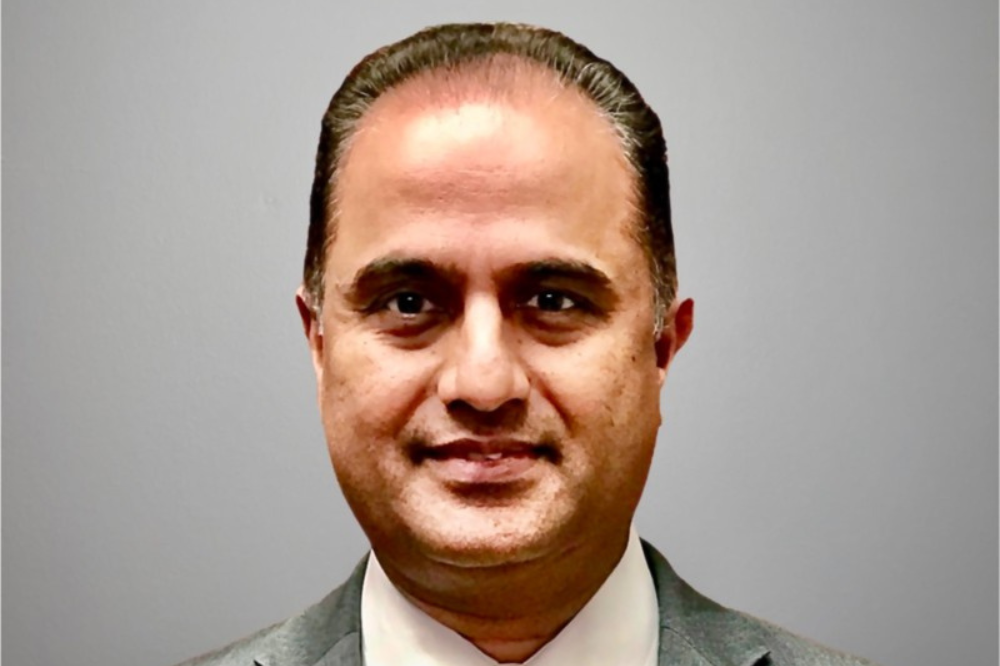Alyona Popova, you have been fighting domestic violence in Russia for years. Do you see a connection to the Ukraine war?
A direct one. Our state power behaves like a thug in his family. This collective thug thinks the whole country is his house, where he has the power to rule over everyone. He has all the judges and police officers in his pocket. As with domestic violence, claims the victims hurt, hurt, killed themselves. “If you leave, you’ll betray the family,” the tormentor says to his victim. Accordingly, the authorities call Russians who leave or disagree with them traitors or “foreign agents”. This violence spreads to other countries: the collective thug sees Ukraine as “family”, speaks of “brother people”, has decided that he can do whatever he wants without asking. Violence is the bracket of the system. This is shown by the fact that our authorities do not enact any law that protects the rights of victims of domestic violence. Because acknowledging that domestic violence is bad would mean acknowledging that other forms of violence are bad too.
You speak of an “epidemic of violence” in Russia. How does it look?
Every year in Russia 16.45 million people are victims of domestic violence. This number is based on a survey by the statistics agency Rosstat from 2011. We assume that the number of victims has not decreased since then. Surveys are a better indicator than the number of criminal cases opened. Because many victims do not go to the police, or they refuse to take a report. The victims hear phrases like “It’s your own fault” or “You were dressed incorrectly”. In 2017, a criminal offense against beatings in the family was downgraded to an administrative offence. Previously, it was up to two years in prison. Now a violent criminal can hit his wife with a hockey stick in the apartment. If this is assessed as a “beating” and not an assault, he will be fined as if he had parked incorrectly. Bullying at school has become normal, more than half of the children experience it. Added to this is the torture in the prison camps. The system forgives violent criminals from the ranks of the police, even thugs in uniform.
President Vladimir Putin himself often speaks in the jargon of violence.
It boils down to who is right who is stronger, has more resources, has access to weapons. Our society is traumatized by violence. The world has the impression that the Russians are silent about the war, do nothing about it. But in Russia you have the feeling that nobody helps you. People know that the system is almost always on the side of the violent criminals. There is no antidote to the epidemic of violence. The victims have to set up self-help networks.
Is domestic violence a specifically Russian problem?
Of course, domestic violence is a problem all over the world. But Russia is the only country in the post-Soviet space where there is no law against it. The narrative has long been cultivated that all problems stay exclusively in the family and are not made public. They don’t talk about traumas like Stalin’s repressions. To this day, there has been no excuse for the Chechen wars. Ramzan Kadyrov, the head of Chechnya, is considered a “hero of Russia”. It all mixes into one big, putrid concoction. Where does the imperialism complex come from? About violence: Whenever it comes to that, the Russians try to sacralize the perpetrator. So Russia keeps falling into the same cycle, and that’s how the person Putin appeared.
What would have to happen to break out of this spiral?










